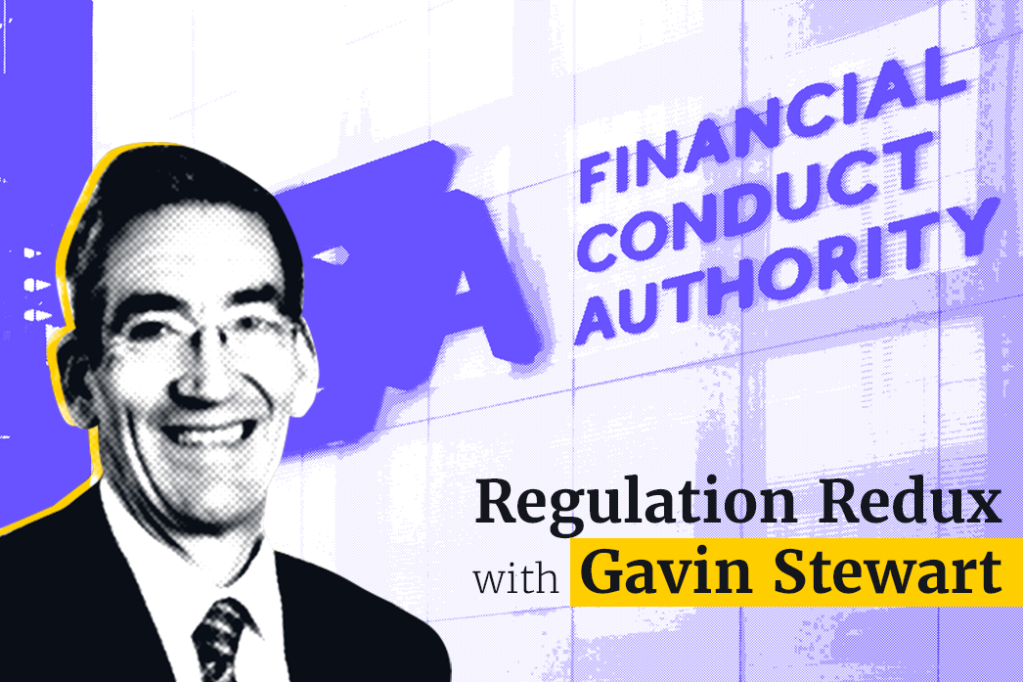I hadn’t intended to write about crypto again for a while. But IOSCO’s recommendations on the regulation of crypto and digital asset markets strike such a different tone and emphasis to the recent HM Treasury consultation that I wrote about recently, that it would be remiss not to highlight the gap and explore a little what it might (and might not) mean.
Two weeks ago, my article set out the main reasons why authorities typically decide to regulate an activity, summarised HM Treasury’s consultation and compared the two, concluding that the UK’s regulatory emphasis is on growth and innovation with an implicit but fairly clear downplaying of financial crime and consumer protection.
IOSCO’s divergence with UK
IOSCO’s approach looks to be quite different. Of its six areas of focus, two are explicitly focused on consumer protection, one on financial crime, and the other three focus on international cooperation, operational and technological risk, and retail distribution respectively.
None of the UK consultation’s headlines got a look in – no upfront mention of growth and innovation, no explicit focus on disclosure as the mechanism for consumer protection, no broad-brush but rather routine bows to the importance of market integrity and financial stability.
This apparent divergence is potentially highly significant, but there are some institutional differences worth highlighting and we are also early in the UK legislative process, so some caution is warranted.
On the institutional side, publications from HM Treasury, a national finance ministry, are always likely to have a different perspective from an international regulatory body like IOSCO – more parochial and nation-centric, less specific on regulatory risks. And in terms of process, IOSCO is more advanced. It would be no great surprise if the final UK legislative proposals are much more similar to IOSCO’s recommendations. Finally, there will also be a UK election before any legislation is passed, so much could change.
Reasons to be fearful
All this said, there are still some reasons to be worried – here are three of them.
- The lack of focus on consumer protection and financial crime in the UK proposals is a basic problem. Even if they become more prominent in the resulting Bill, it will be hard to shift away from the idea that they are not among the UK’s central reasons for regulating crypto.
- As well as the practical implications of this – we already know that both consumer protection and financial crime are core issues for crypto – there are also questions of principle. The way the UK consultation is written encourages the idea that the new secondary objective on competitiveness and growth is at least as important if not more so than the primary ones of market integrity, consumer protection and financial stability. This confusion will make sensible regulation, when the law is finally passed, much harder.
- UK regulators will need to navigate the gaps that currently exist between UK and IOSCO approaches. The FCA in particular will therefore need to tread carefully in its interactions with HM Treasury as well as in international policy fora. And there may also be internal splits over the writing of future detailed regs, for example between Policy wanting to follow HM Treasury ambitions and mood music, and Authorisation and Supervision more sensitive to the immediate practical challenges. Individual ambition too may come into play.
Building on lessons learned?
The UK has been behind the curve on crypto, behind the US, EU, China etc. There are potential advantages to being in the second wave, building on the lessons learned painfully by others, but it’s not evident the UK consultation is doing that.
In fact, the announcement of the US authorities’ huge $4bn settlement with Binance (largely related to money laundering and sanctions breaches), added to the FTX case and the IOSCO recommendations, increases the feeling that the UK approach has largely evolved within its own bubble.
Given where we are, this won’t be good for anyone, including responsible crypto firms. They will want, and need, a regulatory system that gives confidence to both investors and consumers that the UK has sufficient safeguards against FTX and Binance-type behavior.
Gavin Stewart is an independent commentator on financial regulation; former regulator; novelist; ex-international rower and sports administrator. He has 27 years’ experience working for financial services’ regulators (Bank of England, FSA & FCA), holding a wide variety of roles including as a Bank of England Supervisor, FSA Head of Strategy, Planning & Performance, and FCA Chief Risk Officer.













